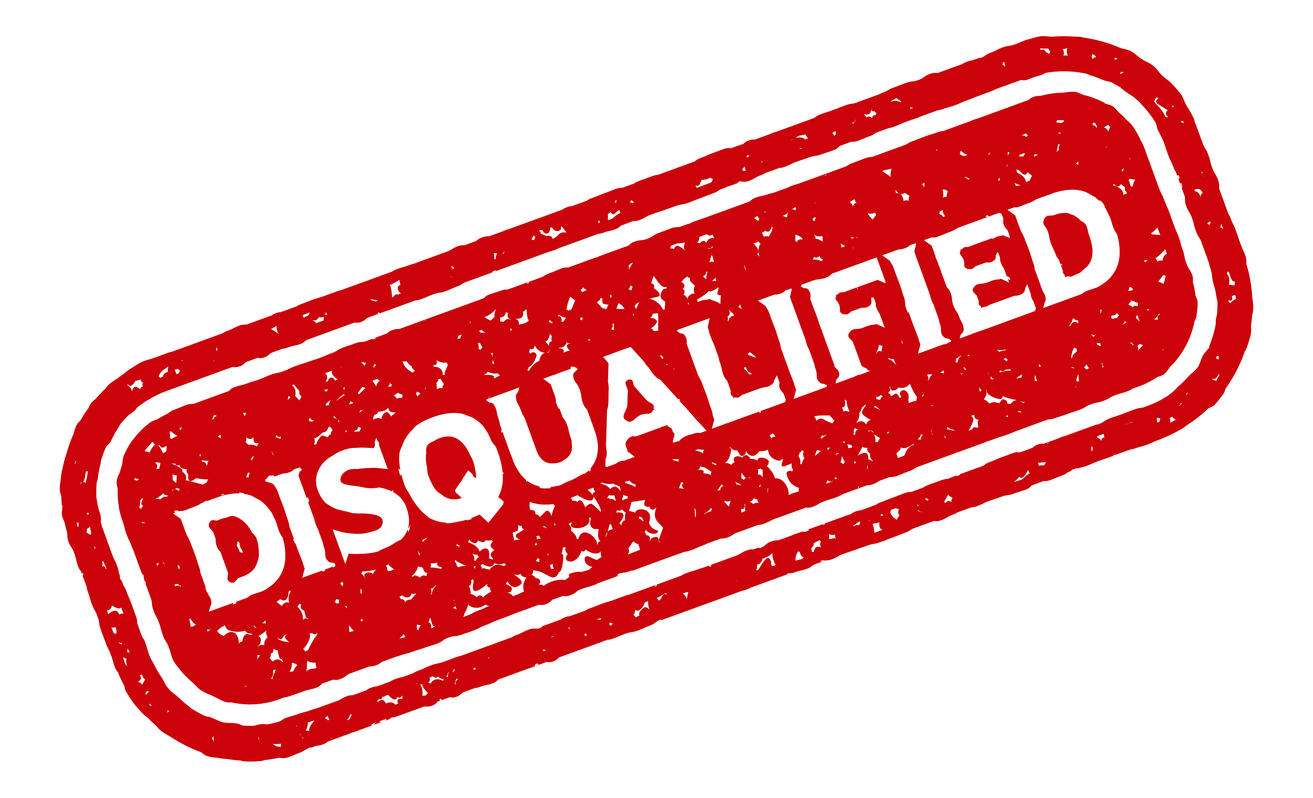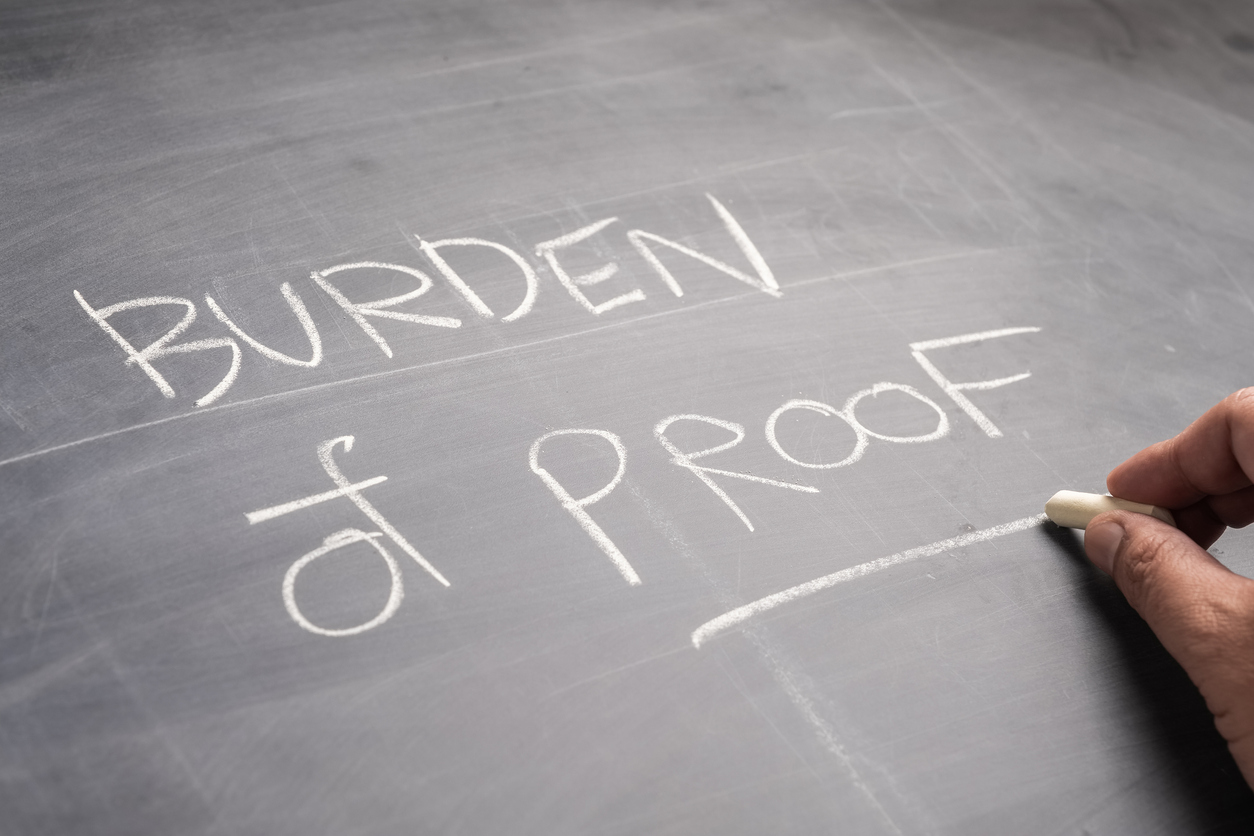In a case recently decided in Texas, the insurance carrier prevailed against the policyholder when the appellate court found that the policyholder failed to adhere to its post-loss duties under a homeowner’s insurance policy.1 This blog entry examines the facts and holdings in the hope policyholders and professionals assisting them can avoid facing a similar situation.
Pertinent Facts Outlined In Court’s Decision
In 2002, the policyholder returned from a multi-week family vacation and found their house full of water, "as if there was no roof on the home." The homeowner reported the water source as a single air conditioning pan leak in the attic. The carrier’s investigation revealed numerous sources of water intrusion in addition to the air conditioning leak and instances of mold throughout the property. The evidence at trial indicated many water leaks had occurred long before the reported leak in 2002
The carrier obtained a bid to remediate the mold and rebuild the property. Although the policyholder claimed to obtain bids significantly higher than that from the carrier, the policyholder failed to provide the carrier with those bids during the claim process. The decision details several instances in which the policyholder failed to cooperate with the carrier during the claim investigation and attempted claim payment for remediation and rebuild. Many years passed prior to trial, and no repairs were ever completed even though the carrier had paid approximately $80,000 to remediate and rebuild the property
After a jury trial, the trial court entered a take-nothing judgment against the policyholder because, in part, the jury found that the policyholder failed to protect the property from further damages.
Appellate Court Analysis
The relevant jury instruction jury answer:
The jury was instructed that (the insurance carrier) did not fail to comply with the terms of the policy if the Khans did not “protect the dwelling or property from further damage” or “make reasonable and necessary repairs to protect the dwelling or property."
Based on this instruction and the evidence presented at trial, the jury found in favor of the insurance carrier on whether the carrier had failed to comply with the insurance policy. The appellate court further found the record "rife with evidence to support the jury finding."
It is important to note that a number of unique factual and procedural aspects of the trial and appellate proceedings may make this case unlike any that most policyholders and professionals assisting them are likely to face. More important, however, is how the appellate court repeatedly references "the (policyholder’s) failure to protect the Property from further damage or make reasonable and necessary repairs to protect it."
What Does This Mean For Me?
Although Khan remains a factually and procedurally unique case – and the list below may seem elementary – important takeaways exist for Texas policyholders and policyholder professionals that warrant repeating:
- Report the claim as soon as possible after the loss;
- Cooperate with the carrier during their claim investigation; and
- Take reasonable steps to protect the property from further damage.
Motivational Poster Of The Day
1 Khan v. Safeco Surplus Lines, 2014 WL 3907976, (Tex. Ct. App. – Houston Aug. 12, 2014).




